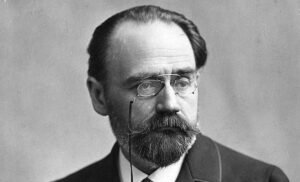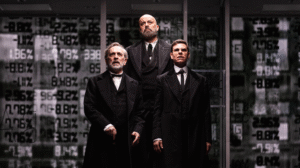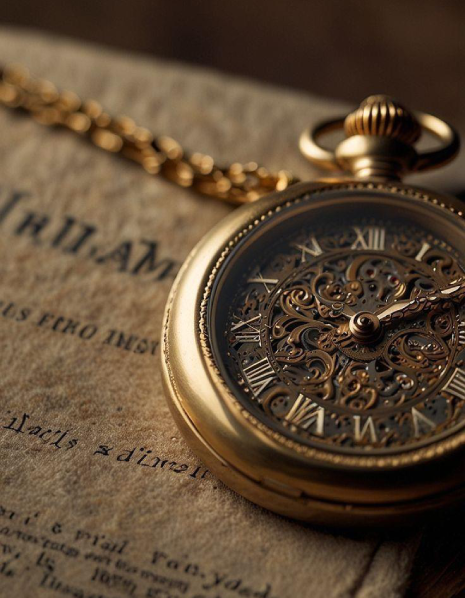Step into the boardroom of a French conglomerate and you’ll find more than polished wood and panoramic views. Conversations leap from aerospace to fashion, energy policy to global trade — led by leaders who move through the worlds of business, politics, and culture with a natural ease. However beneath that surface is a decision-making style shaped by government influence and a deep respect for tradition.
When I worked in foreign exchange sales, I learned first-hand how culture shapes business. I once pitched a technically strong, well-priced solution to a French multinational. On paper, it was never going to be easy, but I thought I’d take a shot.
The deal never eventuated, however; it recently got me thinking about how business works in different countries, and about cultural exchange more broadly.
As I came to understand through my own network, winning large deals in France is not only about the product itself, but more about how you connect it to the broader cultural and strategic context in which it operates.
For those looking to break into the French enterprise market, this article explores the four pillars of high-level business in France: intellectual curiosity, aesthetic presentation, policy awareness, and cultural fluency.
Intellectual Curiosity
French conglomerates often span multiple industries. A single group might hold interests in energy, transport, luxury goods, and construction. Their leadership is equally broad in scope, with prominent figures bringing expertise across a wide range of fields, from engineering and finance to law and public policy.
Whilst simplicity is often best, these leaders have seen countless proposals, and a generic approach can sometimes undersell a high-level offering. The most effective conversations strike a balance between clarity and sophistication, linking your proposal to broader industry trends and their specific cultural values
That might mean showing how your offering influences multiple aspects of their corporate strategy — particularly in French enterprise, where business and government priorities often intersect. For example, demonstrating how a transport system’s design aligns with sustainable urban planning goals, or how a logistics platform could help meet manufacturing energy-efficiency targets.
Ultimately, this is where intellectual curiosity becomes an asset. If you have a natural interest in many fields, you can connect ideas in ways that feel authentic and relevant to them, reflecting the full breadth of their operations and strategic ambitions.
Aesthetic Presentation
Presentation is central to French business culture. Whether a strategic plan or an engineering blueprint, clarity and elegance are viewed as signs of mastery — particularly when complex material is expressed with ease.
Most large corporates work within strict brand frameworks: colors, typography, tone, and formatting are carefully defined. Success lies in respecting these parameters while adding distinctive touches that make a proposal stand out.
A well-structured deck might adopt the client’s visual identity but present data through high-impact visuals and clear storytelling. Metaphors and analogies tailored to the sector can make technical content memorable. For example, when pitching to a company with a strong ESG mandate such as a major energy firm committed to carbon neutrality — charts could use green, earth-toned palettes within brand guidelines, case studies could show “before and after” sustainability transformations, and narratives could frame the client as a central figure driving positive change.
This blend of precision and originality signals both respect for the rules and the ability to innovate within them.
Policy Awareness
French business is deeply connected to Europe. While understanding its economic relationships matters, it’s even more important to grasp the policies that guide how industries operate today. Many sectors are shaped not only by national goals but also by European frameworks that set their strategic agenda.
In this context, procurement decisions are rarely separate from policy objectives. In chemicals, for example, an export deal might be judged against the EU Chemicals Industry Action Plan — a European Commission framework to boost competitiveness and drive greener manufacturing. The Commission is not part of the French government, but its policies strongly influence the environment in which French companies compete.
Proposals that clearly show how they support these priorities, through supply-chain resilience or high-value innovation are more likely to gain traction. In sectors like chemicals, policy awareness means recognizing how broader policy and corporate priorities overlap, and knowing how to navigate the processes that connect them.
Cultural Fluency
French business culture is built on two foundations: how people interact and how deals are positioned.
As Erin Meyer explains in The Culture Map, communication in France is high-contextual. Meetings often involve spirited debate, with hierarchy respected but ideas tested through rigorous discussion. Well-reasoned, clearly structured arguments carry weight and the quality of the reasoning often matters as much as the outcome itself.
Positioning a deal also means recognizing the deep ties between industry and government. Many leading companies especially in energy, aerospace, and transport have roots in state ownership and still operate where national policy and European regulation overlap.
These relationships were forged in the aftermath of World War II, when many major companies were financially weakened and the French government stepped in to support them; rebuilding industries like energy (EDF), transport (Air France), and manufacturing (Renault).
They remain central to France’s economic identity, bound by national pride and a shared sense of purpose, often expressed through socially conscious initiatives such as; EDF’s investment in renewable energy to meet climate goals or Renault’s development of electric vehicles to support sustainable mobility.
Cultural fluency in France means understanding these deeper drivers — the importance of context in communication, and the historical relationship between the government and industry.
Playing the Long Game
In the end, success in French enterprise is a long-term endeavor, built as much on cultural understanding as on technical expertise. Deals move at the pace of trust, shaped by high performance and shared values.
The companies that thrive are those that respect tradition and speak the language of French business; not simply in words, but in culture — and understand the distinctive corporate signature that carries France’s influence far beyond its borders











